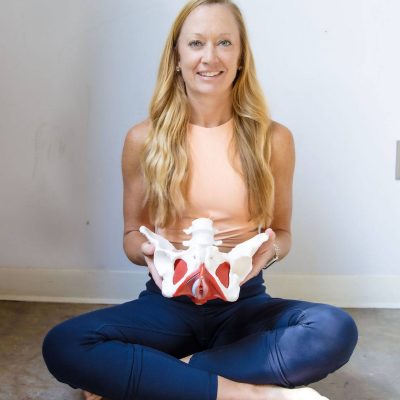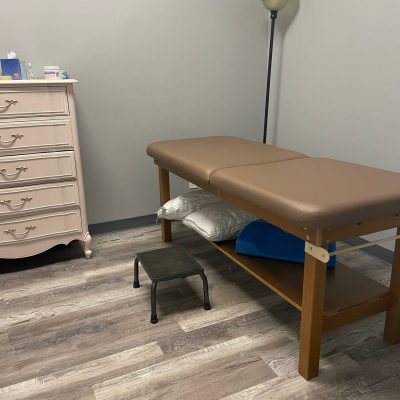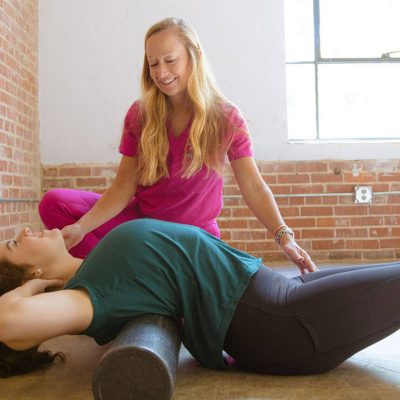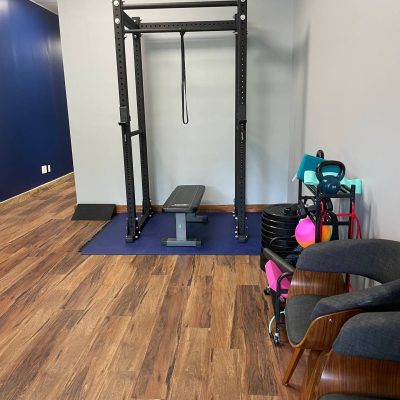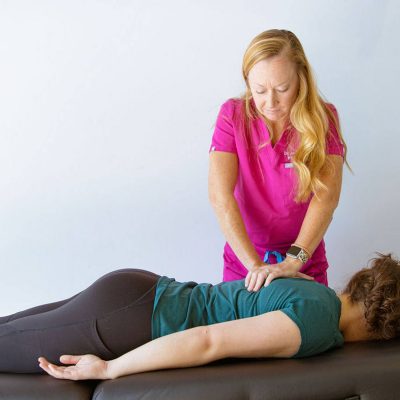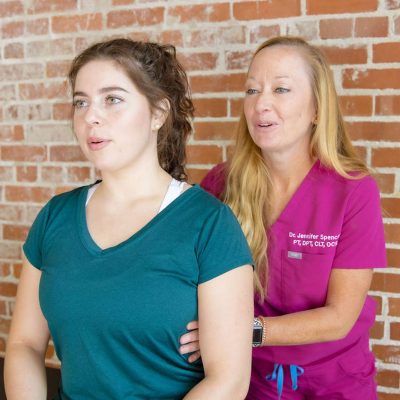Urinary incontinence is a condition where an individual experiences involuntary leakage of urine. It is a common problem among seniors, with a prevalence rate of up to 50% among older adults. Bladder leakage can significantly impact the quality of life, leading to embarrassment, social isolation, and decreased independence. Fortunately, having a Pelvic Floor Therapist can help teach you several strategies that can manage urinary incontinence and improve bladder control in seniors.
There are different types of urinary incontinence, and the treatment approach depends on the underlying cause. The most common types of urinary incontinence among seniors are stress incontinence, urge incontinence, and mixed incontinence. Stress incontinence occurs when pressure is exerted on the bladder, such as during coughing, sneezing, or physical activity. Urge incontinence, on the other hand, is characterized by a sudden urge to urinate that is difficult to control. Mixed incontinence involves a combination of stress and urge incontinence.
One effective strategy for managing urinary incontinence among seniors is bladder training. Bladder training involves gradually increasing the time between bathroom breaks to help the bladder hold more urine. It can be an effective strategy for seniors who experience urge incontinence or mixed incontinence. Bladder training works by retraining the bladder to hold more urine and reducing the frequency of bathroom breaks. It can also help reduce the number of accidents and increase confidence and independence. Bladder training begins by keeping a bladder diary, which involves tracking when and how much urine is passed throughout the day. This helps seniors understand their patterns and identify times when accidents are more likely to occur. Using this information, a Pelvic Floor Therapist can develop a personalized bladder training plan that gradually increases the time between bathroom breaks.
For example, if a senior currently goes to the bathroom every hour, the plan may start by increasing the time between bathroom breaks by 15 minutes. Over time, the interval between bathroom breaks is gradually increased until the senior can comfortably hold urine for longer periods. It is important to note that this process may take several weeks or months to see significant improvement.
General strengthening exercises are another effective strategy for managing urinary incontinence among seniors. Think about it… if a senior cannot make it to the bathroom without ease, they are more likely to have urinary accidents. Improving strength and mobility will assist seniors being able to make it to the bathroom in time. Pelvic floor muscle exercises, also known as Kegels, can help improve bladder control and reduce nocturia. However, It’s not just about kegels! The pelvic floor muscles need to be able to contract and relax just like any other muscle in the body. These muscles should be coordinated with your deep abdominal muscles, spinal muscles, hip muscles, and work of breathing. A pelvic floor therapist can work with you to develop an exercise program that is tailored to your specific needs and goals.
Lifestyle changes can also help manage urinary incontinence among seniors. Seniors should limit their intake of bladder irritants which can irritate the bladder and increase the urge to go to the bathroom. Seniors need to maintain adequate overall hydration and try to drink 50% of their body weight in fluid ounces of mostly water per day. A good guide to hydration is to look at urine color; it should be clear to pale yellow and not dark yellow! Maintaining a healthy weight and avoiding constipation can also help reduce bladder leakage. Engaging in regular exercise can also help improve bladder control and reduce the risk of urinary incontinence.
It is important for seniors to talk to their healthcare provider about their urinary incontinence and bladder leakage. A healthcare provider can help diagnose the problem and recommend a Pelvic floor Therapist. Seniors should not feel embarrassed or ashamed to discuss their symptoms with their doctor, as urinary incontinence is a common medical issue that can be effectively managed.
Our clinic is conveniently located in Hoover, Alabama, near The Galleria. We have experienced clinicians with advanced training in the treatment of Pelvic Floor disorders. Contact us to schedule an appointment!

